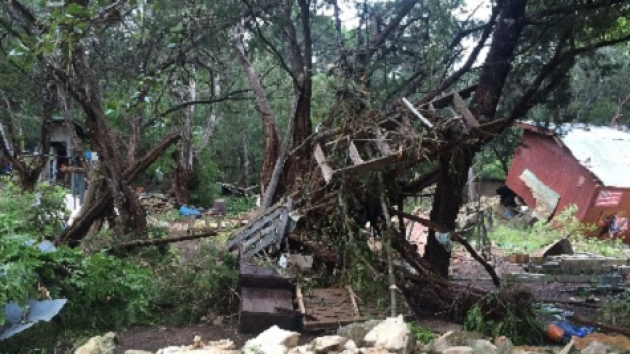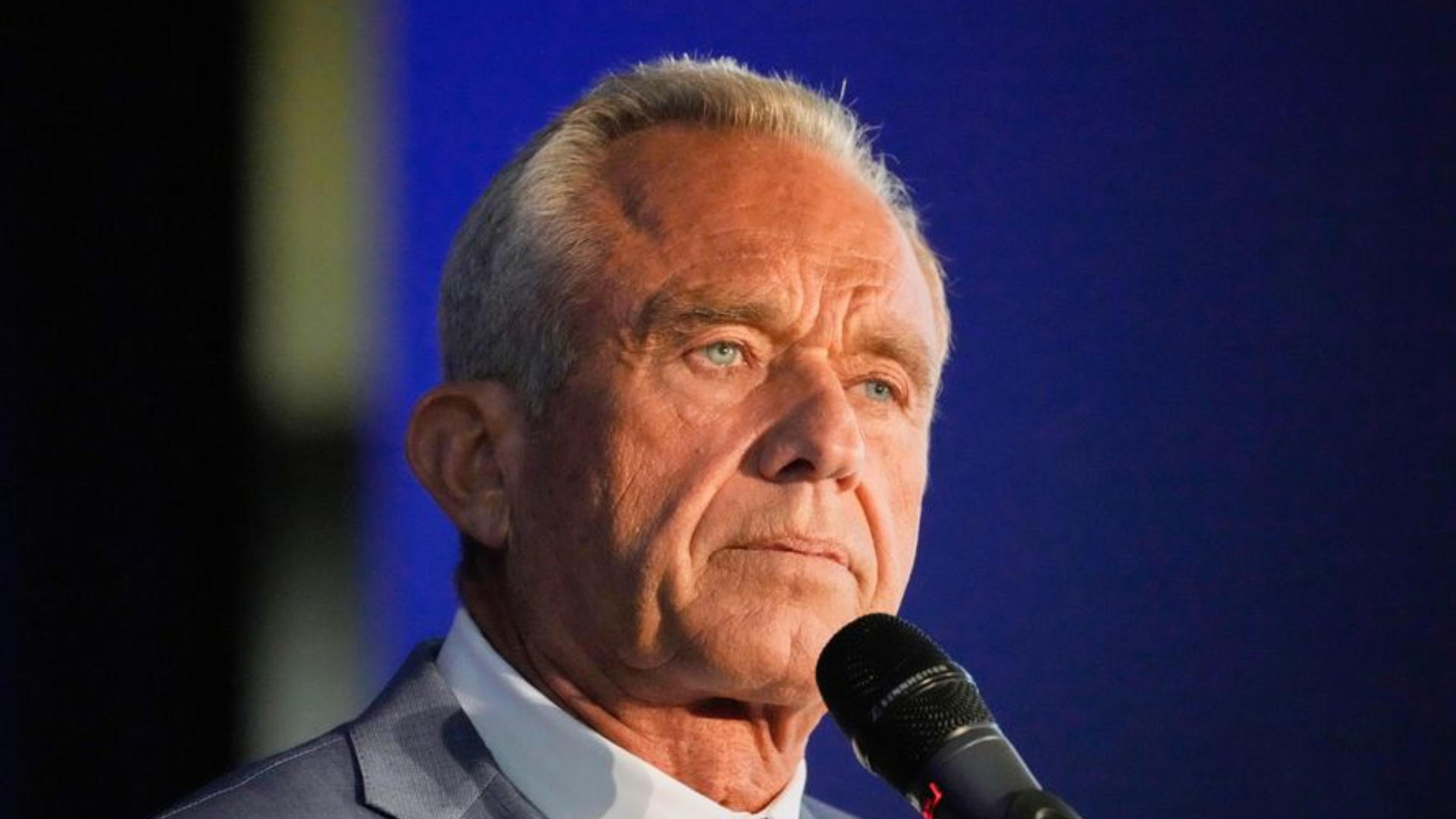AUSTIN, TX — (CNN) Deluge.
That’s the best way to describe the nightmare Houston residents coped with Tuesday, after over 11 inches of rain fell in some spots overnight and into the next day — inundating byways and highways, slowing first responders, knocking out power and generally bringing the southeast Texas metropolis to a standstill.
Two people in Houston died because of the bad weather in the city, Fire Department Sr. Capt. Ruy Lozano told CNN. That raises the overall death toll from the storm system that’s been ravaging the area, as well as parts of northern Mexico, to at least 22, officials said, with a dozen more people still missing.
“We got hammered,” Houston’s emergency management coordinator Rick Flanagan told CNN’s “New Day,” echoing sentiments by many others in the region in recent days. “We had cars that were stranded, mobility was stopped … signals didn’t work. It was just a madhouse.”
It still is. While the sun appeared Tuesday, more rain remains possible. And even though some parts of Houston were “high and dry” by midday, others were not, Mayor Annise Parker said. Underpasses, patches of highways and areas near waterways like the San Jacinto River, Cypress Creek and Buffalo Bayou, already strained by weeks of heavy rain, remain inundated.
“The defining feature of Houston is the small rivers that run through the city,” Parker said. “Many of them went over their banks and began to flood neighborhoods.”
The result of the flash floods and river overruns is “lots and lots of abandoned cars” and large pools of standing water, making for a logistical and traffic nightmare in the seventh-biggest U.S. metropolitan area.
“We’ve seen flooding before, but not nearly to this extreme,” said Gage Mueller, a Houston resident for the past 40 years and a Houston Rockets employee who stayed overnight at the Toyota Center because it wasn’t safe to go home. “It rains and it rains and it rains, and there’s really nowhere for the water to go. … It’s ridiculous.”
The nightmare in Houston echoes that in other communities in Texas, Oklahoma and northern Mexico in recent days — all from the same deadly, powerful, persistent storm system. And it’s not over.
In Mexico, the epicenter for this severe weather has been the border city of Ciudad Acuña, where a tornado killed 13 people.
In the United States, it’s been Hays County, not far from the Texas capital of Austin, where up to 400 homes washed away this weekend.
The Blanco River there surged well above flood stage, sending raging waters through communities like Wimberley. Days later, 12 people are still missing.
Among them are Laura McComb, her young daughter Leighton and her son Andrew. They’d been with Jonathan McComb, Laura’s husband and the children’s father, in the family’s vacation cabin in Wimberley on Saturday night when the heavy rains began. About 20 minutes later, “something big in the house shook,” Jonathan’s father, Joe McComb, told CNN.
He suspects the noise was a loose tree that fell and knocked his kin’s cabin off its pilings, eventually causing it to plummet downriver.
“I don’t know how many miles downriver … the house went,” Joe McComb said. “When the bridge hit the house, it took the top part of the house off. That’s when all the family members got scattered.”
When it did, Laura McComb was on the phone with her sister, Julie.
“We are floating in a house that is now floating down the river,” McComb said, her sister told CNN affiliate KXAN. “Call Mom and Dad. I love you, and pray.”
The storm moved eastward Tuesday, bringing rain and more danger to Louisiana and Mississippi. The problem with this system isn’t just the heavy rain — this is, after all, late May along the Gulf Coast — but that it’s lingered and that it’s after weeks of regular, intense precipitation.
As CNN meteorologist Pedram Javaheri noted, “This is a long-duration event.”
Thus, the storm continues. So, too, does the mourning of families like those of Alyssa Renee Ramirez, a star athlete and student council president at Devine High School who died early Sunday while driving home from her senior prom.
The search for the missing goes on as well, though the possibility of finding survivors fades with each moment.
One miracle is Jonathan McComb, who is in a local hospital after being found downstream. The whereabouts of his wife and two children, though, is a mystery.
“We never lose hope,” said his father, Joe. “But I think reality is setting in that there is probably a good chance that it might not be the outcome we’re hoping for.
“But you never give up hope.”
The-CNN-Wire ™ & © 2015 Cable News Network, Inc., a Time Warner Company. All rights reserved. (PHOTO: Melinda Kauffman/CNN)





















